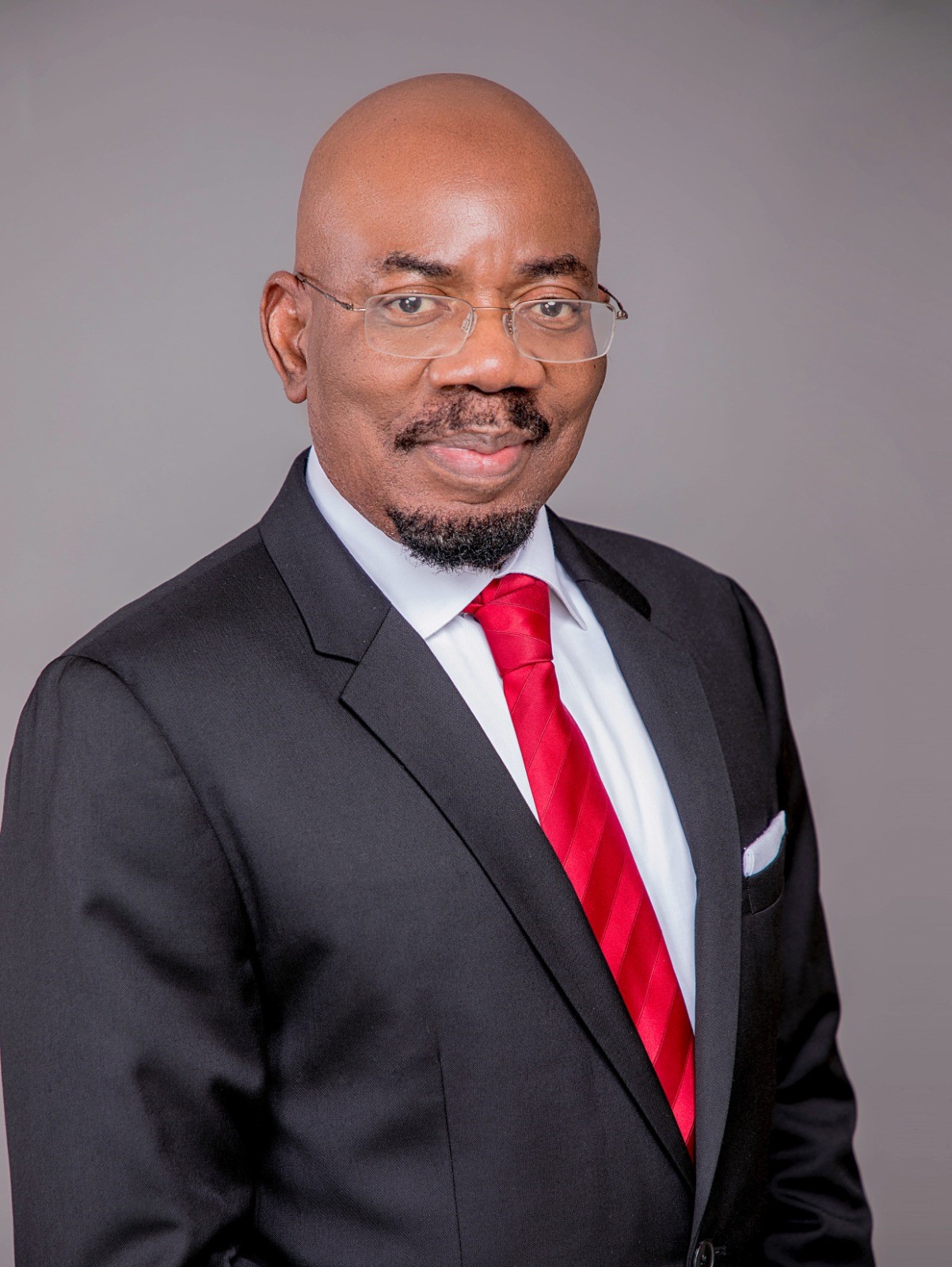- Regulate Petroleum Tankers’ Operations, NISE, Senator Tell Government
The Nigerian Institution of Safety Engineers has called on all tiers of government to regulate the design, construction, operations and maintenance of petroleum tankers across the country.
As a way of addressing the problem, the Chairman, Senate Committee on Land Transport, Gbenga Ashafa, has also suggested the adoption of a multimodal/intermodal approach to freight and cargo transportation across Nigeria.
The NISE said the regulation would ensure the safety of the public particularly with respect to the frequent incidents of fire caused by unsafe petroleum tankers.
The institution, a division of the Nigerian Society of Engineers, noted that the disaster that occurred near the Otedola Bridge on the Lagos-Ibadan Expressway, on June 28, 2018, where a petroleum tanker laden with fuel, overturned and ultimately exploded, killing several people, could have been avoided.
The National Chairman, NISE, Abiodun Oyedepo, said the regulation of petroleum tankers should involve education for owners, drivers, consumer advocacy groups and all organisations using fuel tankers in the country.
He said it would also involve more active monitoring of compliance with standards and the use of incentives to encourage changes in behaviour or the imposition of sanctions to discourage undesirable behaviour.
“NISE is ready to provide support and assistance to regulators in engaging in public education, consumer advocacy and supplying competent professionals that can monitor compliance to standards or refine existing regulations to promote the achievement of safer roads,” he said.
According to Oyedepo, the design of petroleum tankers for Nigerian roads should comply with basic standards that will ensure that such tankers do not rupture or explode easily upon impact.
He added, “The Nigerian Society of Engineers has developed safety standards for petroleum tankers that can be used to specify the material suitable for construction, the thickness of plate to be used for various sizes of tankers, the nature of bulkheads to absorb impact upon the event of a collision, and the design strength for overturn protection to be incorporated in the event of a tanker rollover, among others.
“The construction of tankers should be done by certified builders who use trained welders that comply with welding standards for petroleum tanker construction. Petroleum tankers should also be driven by drivers who are trained in basic and specific safety standards while maintenance should be done by qualified mechanics who comply with basic standards for automobile maintenance.”
While commiserating with the individuals and families affected by the Otedola Bridge fire incident, Oyedepo stated that as the division of the NSE responsible for finding solutions to safety problems in the country, using engineering by Nigerian engineers, the NISE was committed to assisting the Federal Government in tackling the problem of petroleum tanker explosions and fire.
“NISE is ready and available to work with all responsible stakeholders who can play a role in eliminating the hazards of petroleum tanker fire and explosions from Nigerian roads. We are also ready to assist all stakeholders who require professional assistance in their own sphere of activities so as to improve the safety of our roads, and look forward to eliminating the menace of petroleum tanker fires on our roads,” he stated.
Also, Ashafa spoke in Abuja at a stakeholders’ summit on haulage transportation in Nigeria held at the Office of the Secretary to the Government of the Federation.
He said the suggested approach would entail a functional rail access into our ports to enable majority of the cargo entering into the country to be conveyed by rail to the closest terminals to their final destinations, from where articulated vehicles could be used to convey the cargos to their final destinations.
He also said, “I suggest that the Federal Road Safety Corps and the Nigerian National Petroleum Corporation come together with a view to inculcating mandatory safety checks on all tankers at the point of loading to ascertain the condition of the tank and the roadworthiness of the vehicles to haul the products.
“This would entail the issuance of safety certificate to each tanker for every trip to the depot, without which such tanker would not be allowed to load the products or leave the premises.”
Ashafa urged haulage companies to invest in the training and retraining of their drivers, stressing, “They must also ensure that the trucks on the road are in pristine roadworthy conditions. The lives of your drivers and other road users are of equal importance.”


 Forex4 weeks ago
Forex4 weeks ago
 Naira3 weeks ago
Naira3 weeks ago
 Billionaire Watch3 weeks ago
Billionaire Watch3 weeks ago



 Naira3 weeks ago
Naira3 weeks ago






 Naira3 weeks ago
Naira3 weeks ago


 Naira2 weeks ago
Naira2 weeks ago






 Naira2 weeks ago
Naira2 weeks ago
 Commodities4 weeks ago
Commodities4 weeks ago






















